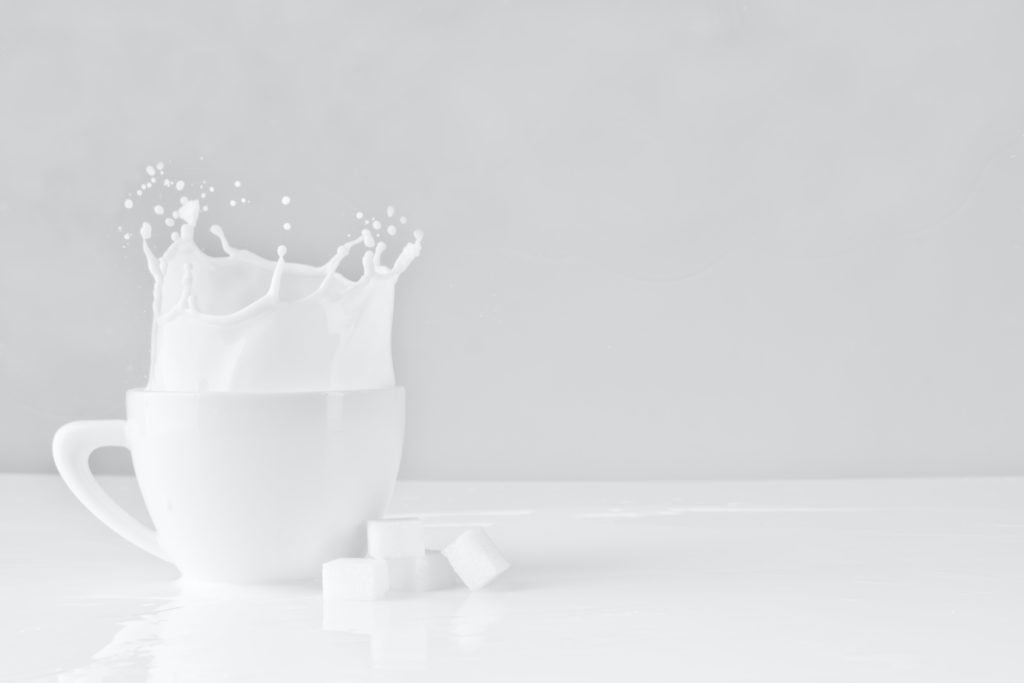On appeal from the EUIPO Board of Appeal, the EU General Court has held that the slogan mark “IT’S LIKE MILK BUT MADE FOR HUMANS” is distinctive for foodstuff, including dairy substitutes. The inclusion of the word “but” called into question the commonly accepted idea that milk is a key element of the human diet; and thereby conveyed a message which is capable of setting off a cognitive process in the minds of the relevant public making it easy to remember, and capable of distinguishing the applicant’s goods, (Oatly AB v EUIPO, T‑253/20 of 20 January 2021).
Facts And Legal Principles
On 14 March 2019, the Swedish oat drink company Oatly AB sought to register the advertising slogan “IT’S LIKE MILK BUT MADE FOR HUMANS” as an EU trademark in relation to a number of goods including dairy and milk substitutes and oat-based beverages. After the EUIPO’s Board of Appeal had refused the application for lack of distinctiveness in relation to these goods, Oatly appealed to the EU General Court.
In a decision of 20 January 2021 in case T-253/20, the EU General Court confirmed the following legal principles concerning the registrability of slogan marks:
- a minimum degree of distinctive character is sufficient;
- the registration of advertising slogans, indications of quality or incitements to purchase is not excluded per se;
- for the purposes of assessing distinctiveness of advertising slogans, the same criteria apply as for other types of signs, noting however that it may prove more difficult for such marks to prove distinctiveness because the relevant public’s perception may not be the same;
- a mark can be perceived by the relevant public both as a promotional formula and as an indication of the commercial origin of goods or services, which has no bearing on its distinctive character;
- an advertising slogan cannot be required to display ‘imaginativeness’ or ‘conceptual tension’.
Consequently, an advertising slogan is devoid of any distinctive character if it is liable to be perceived by the relevant public only as a mere promotional formula. By contrast, such a mark must be recognised as having distinctive character if, apart from its promotional function, it may be perceived immediately by the relevant public as an indication of the commercial origin of the goods and services concerned.
Decision
Looking at the case at hand, the EU General Court agreed with the EUIPO’s Board of Appeal that the relevant public corresponded to the general public with an average level of attention, taking into account the perception of the English-speaking public, which includes the countries where English is an official language and those where English is widely understood.
As regards the distinctive character of the advertising slogan “IT’S LIKE MILK BUT MADE FOR HUMANS”, the EU General Court held as follows:
- On account of the presence of the coordinating conjunction ‘but’ in the middle of that mark, the consumer will perceive an opposition between the first part of the mark (‘it’s like milk’) and the second part of the mark (‘made for humans’). As a result, the advertising slogan “IT’S LIKE MILK BUT MADE FOR HUMANS” conveys not only the idea that the goods at issue (foodstuffs) are akin to milk and are intended for human consumption, but also that milk itself is not;
- The advertising slogan “IT’S LIKE MILK BUT MADE FOR HUMANS” calls into question the commonly accepted idea that milk is a key element of the human diet; it thus conveys a message which is capable of setting off a cognitive process in the minds of the relevant public making it easy to remember and which is consequently capable of distinguishing Oatly’s goods from goods which have another commercial origin.
- That finding is not called into question by the fact that the aptness of milk for human consumption is the subject of debate. Even the non-negligible part of the relevant public, which avoids consuming dairy products for ethical or physiological reasons, must be aware of the commonly accepted perception of milk as being essential to a human diet, even though it does not share it. With regard to that part of the relevant public as well, the mark applied for is capable of setting off a cognitive process, which is such as to confer distinctive character on that mark.
The EU General Court concluded that the advertising slogan “IT’S LIKE MILK BUT MADE FOR HUMANS” has the minimum degree of distinctive character.
Comment
The number of cases on slogan trademarks decided by the EU General Court and European Court of Justice over the years is reflective of their importance in advertising, notably in the consumer goods and food stuffs industry.
With this judgment, the EU General Court once again confirms that an advertising slogan can be registered as a trademark if it conveys a message which is capable of setting off a cognitive process in the mind of the relevant public making it easy to remember and which is consequently capable of fulfilling a trademark’s origin function. The General Court’s explanation that a “laudatory connotation of a word mark does not mean that it cannot be appropriate for the purposes of guaranteeing to consumers the origin of the goods or services which it covers” will reassure applicants that the bar for distinctiveness and registration is not set too high.





